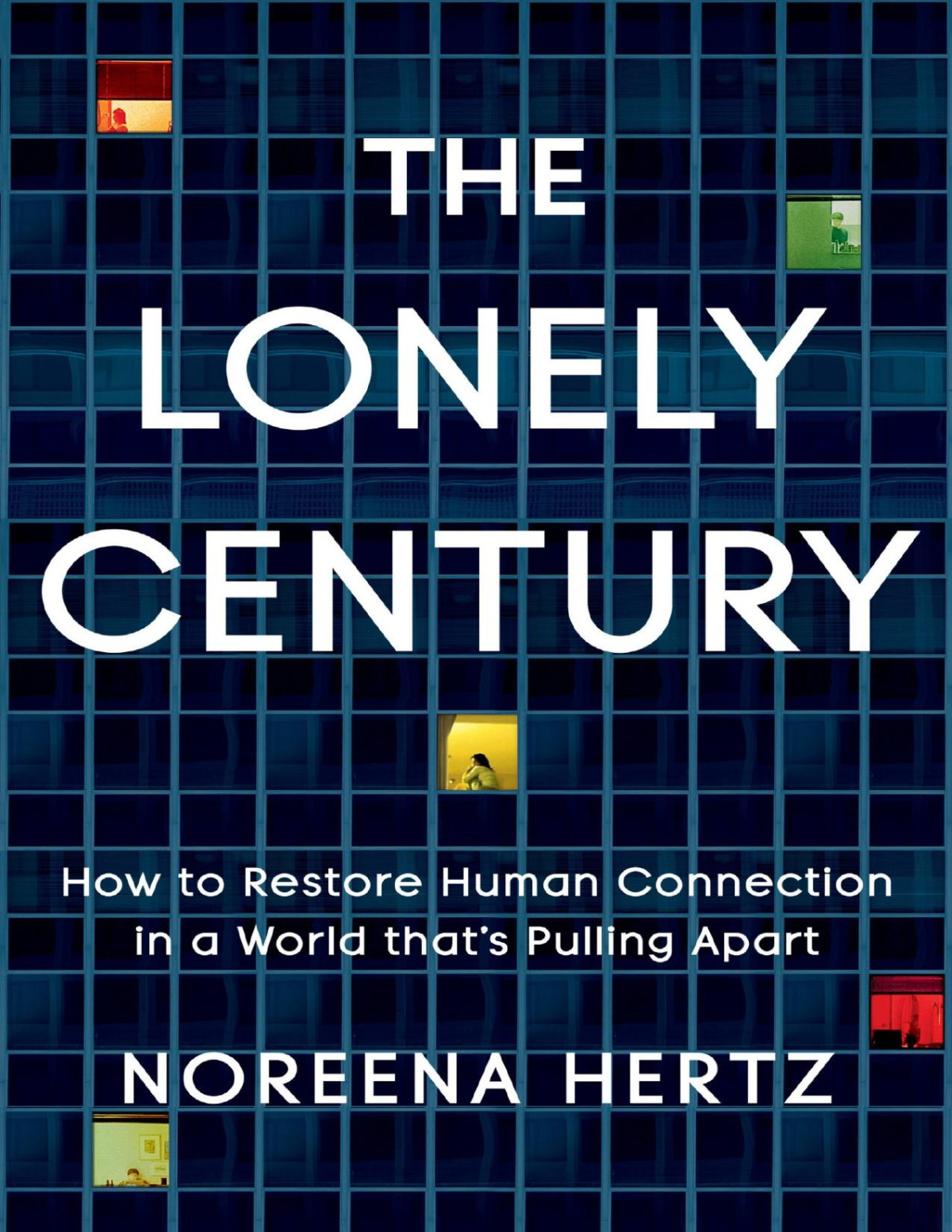

Most ebook files are in PDF format, so you can easily read them using various software such as Foxit Reader or directly on the Google Chrome browser.
Some ebook files are released by publishers in other formats such as .awz, .mobi, .epub, .fb2, etc. You may need to install specific software to read these formats on mobile/PC, such as Calibre.
Please read the tutorial at this link: https://ebookbell.com/faq
We offer FREE conversion to the popular formats you request; however, this may take some time. Therefore, right after payment, please email us, and we will try to provide the service as quickly as possible.
For some exceptional file formats or broken links (if any), please refrain from opening any disputes. Instead, email us first, and we will try to assist within a maximum of 6 hours.
EbookBell Team

4.3
28 reviewsA bold, hopeful, and thought-provoking account by "one of the world's leading thinkers" (The Observer) of how we built a lonely world, how the pandemic accelerated the problem, and what we must do to come together again
Loneliness has become the defining condition of the twenty-first century. It is damaging our health, our wealth, and our happiness and even threatening our democracy. Never has it been more pervasive or more widespread, but never has there been more that we can do about it. Even before a global pandemic introduced us to terms like "social distancing," the fabric of community was unravelling and our personal relationships were under threat. And technology isn't the sole culprit. Equally to blame are the dismantling of civic institutions, the radical reorganization of the workplace, the mass migration to cities, and decades of neoliberal policies that have placed self-interest above the collective good. This is not merely a mental health crisis. Loneliness increases our risk of heart disease, cancer, and dementia. Statistically, it's as bad for our health as smoking fifteen cigarettes a day. It's also an economic crisis, costing us billions annually. And it's a political crisis, as feelings of marginalization fuel divisiveness and extremism around the world. But it's also a crisis we have the power to solve.
Combining a decade of research with firsthand reporting, Noreena Hertz takes us from a "how to read a face" class at an Ivy League university to isolated remote workers in London during lockdown, from "renting a friend" in Manhattan to nursing home residents knitting bonnets for their robot caregivers in Japan. Offering bold solutions ranging from compassionate AI to innovative models for urban living to new ways of reinvigorating our neighbourhoods and reconciling our differences, The Lonely Century offers a hopeful and empowering vision for how to heal our fractured communities and restore connection in our lives.